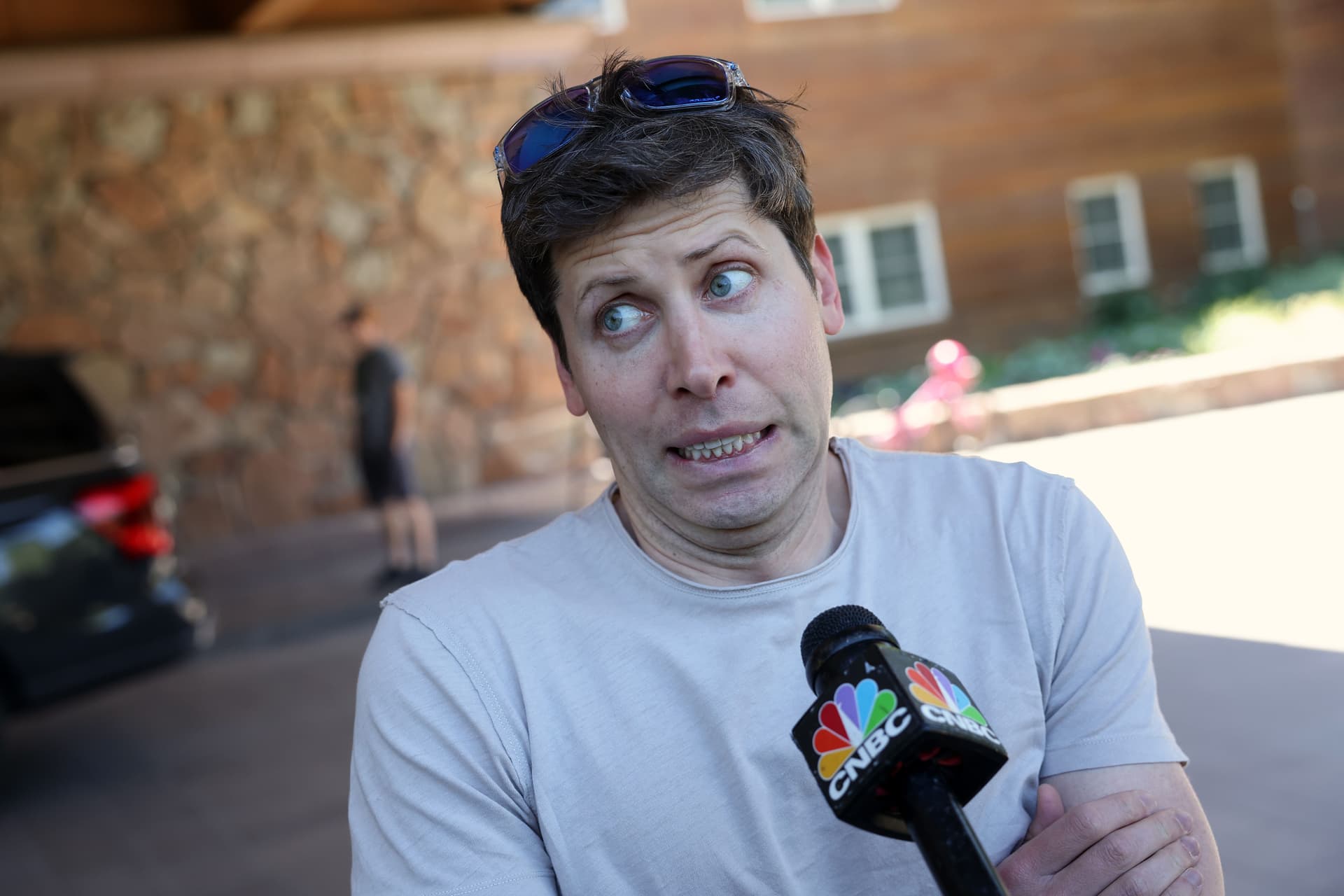Sam Altman ‘genuinely embarrassed’ by OpenAI’s ultra-restrictive NDAs
Altman tweeted that the extremely restrictive NDAs “should never have been something we had in any document.”

Kevin Dietsch/Getty Images
• 3 min read
OpenAI CEO Sam Altman has said the company will stop its practice of pressuring ex-employees to sign NDAs with threats to cancel vested equity, admitting he is “genuinely embarrassed” it happened in the first place.
In mid-May, OpenAI co-founder and chief scientist Ilya Sutskever, as well as his co-team leader Jan Leike, left the company with little public explanation. (Leike tweeted only the words, “I resigned.”) One likely reason the two may have been inclined to be reticent about their departures, Vox reported shortly thereafter, could be that OpenAI’s standard exit paperwork included unusually a strict non-disclosure agreement (NDAs) with non-disparagement provisions.
According to Vox, OpenAI is in the practice of requiring departing employees to sign NDAs in which they agree never to criticize the company for life; it also requires them to keep the existence of the NDAs secret. NDAs are hardly new to the tech world, but Vox highlighted one particular element that was unusual even by Silicon Valley standards: Violating, or refusing to sign, the agreement would result in the former employee losing all of their already vested equity in OpenAI.
The exact boundaries of what violates a non-disparagement clause or how enforceable it is are often unclear—the National Labor Relations Board severely restricted the use of these provisions in severance agreements last year, although its decision doesn’t apply to supervisors. As Vox noted, extremely strict NDAs don’t exactly match up with OpenAI’s stated values of accountability.
Top insights for IT pros
From cybersecurity and big data to cloud computing, IT Brew covers the latest trends shaping business tech in our 4x weekly newsletter, virtual events with industry experts, and digital guides.
The use of NDAs is widespread in the tech world, with some agreements in the sector so restrictive the Securities and Exchange Commission has fielded complaints that they violate whistleblower protection laws. A 2018 survey of tens of thousands of workers by anonymous workplace social network TeamBlind found over 15% said they had been silenced by an NDA.
OpenAI told Vox in a statement it had never canceled an employee’s vested equity, nor would it if a departing employee refused to sign the agreement. In a subsequent tweet on May 18, Altman wrote that while OpenAI had “never clawed back anyone’s vested equity,” the threat to do so “should never have been something we had in any documents or communication.”
“this is on me and one of the few times i’ve been genuinely embarrassed running openai; i did not know this was happening and i should have,” Altman added.
Tanya Takahashi, a spokesperson for OpenAI, told IT Brew that Altman’s tweet served as the extent of the company’s statement on the matter.
This isn’t OpenAI’s—or Altman’s—only controversy in the last few weeks. On May 20, actress Scarlett Johannson accused the company of cloning her voice for a virtual assistant, despite denying Altman permission to use it on two separate occasions.
Top insights for IT pros
From cybersecurity and big data to cloud computing, IT Brew covers the latest trends shaping business tech in our 4x weekly newsletter, virtual events with industry experts, and digital guides.